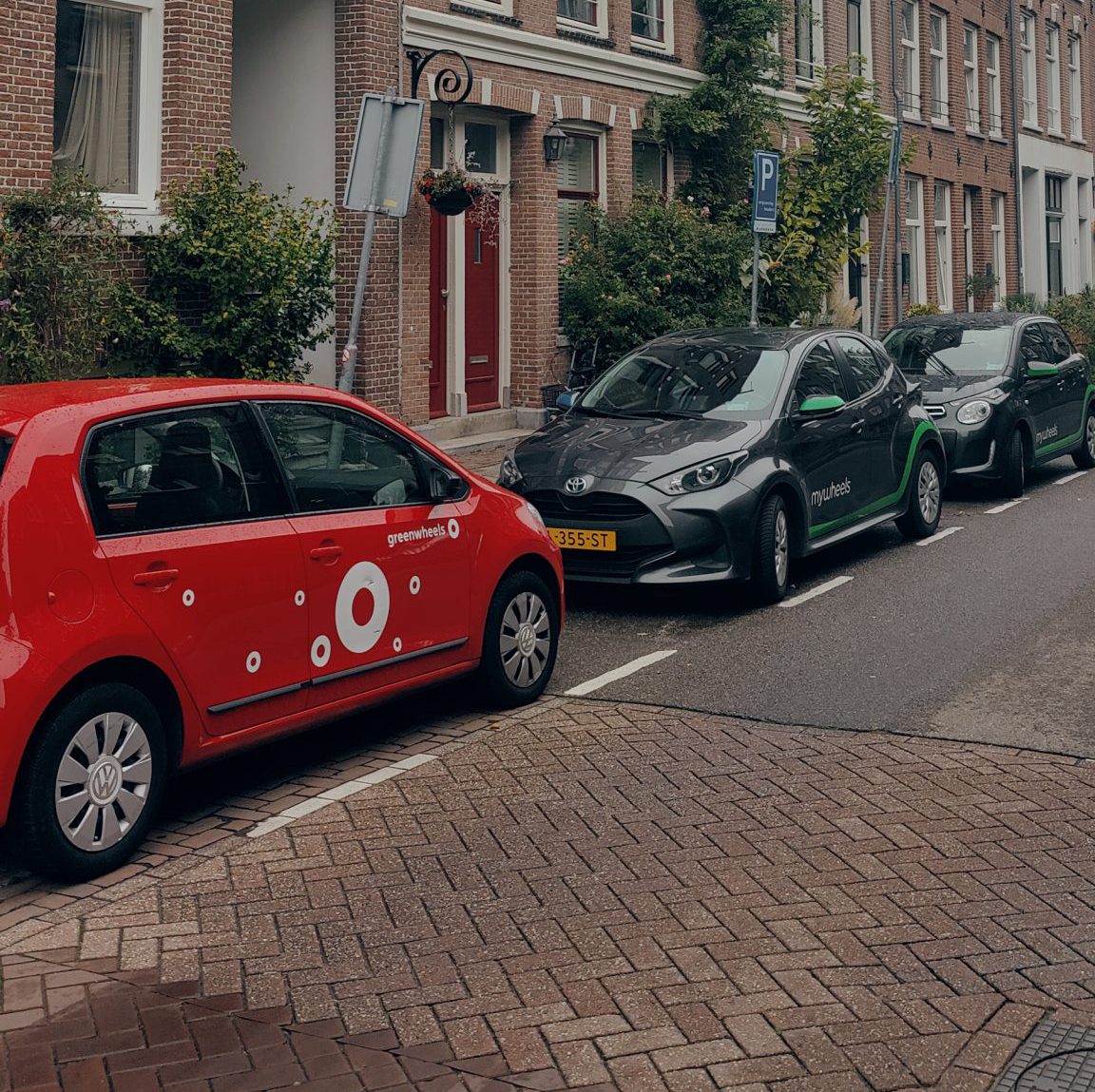Determining the real impact of shared cars in Amsterdam
The City of Amsterdam faces critical challenges concerning private car ownership and parking space utilization. With limited public space, the dominance of private cars and their associated parking spots poses a significant issue. To address these concerns and align with its policy goals, which include reducing car traffic, preserving historical infrastructure, and improving residents’ quality of life, Amsterdam aimed to optimize shared car usage. In 2023, the city planned to implement new shared mobility policies to adjust the number of shared cars.

Challenge
So far, the only guidance for policymakers is the different literature studies on the impact of shared cars on private car ownership. However, the range includes results between 2 and 24, which hardly gives any real decision-making support. With a lot of data available on both the public and private sides, there is an opportunity to create data-driven insights reflecting the Amsterdam-specific opportunities.
The approach
Rebel, in collaboration with the City of Amsterdam, developed a sophisticated, zip-code-level data-driven behavior model. This model determines the impact of adding new shared cars to various neighborhoods within the city. To build this model, a diverse range of data sources was utilized, including data from shared car providers, surveys, demographic and socioeconomic information, a simulated population representing Amsterdam inhabitants, relevant literature, and interviews. The primary outputs of this model included:
1) Car Replacement Ratio (CRR): Calculations of how many private cars can be replaced by adding one extra shared car in each neighborhood.
2) Untapped Potential Demand: Estimations of the number of potential shared car users and their locations within the city.
3) Additional Shared Cars Required: Determination of the number of shared cars needed to meet untapped demand.
4) Saturation Limit: Identifying the point at which adding more shared cars no longer leads to a reduction in private car ownership.
Impact
Policymakers now know where and how many shared cars to permit to maximize their benefits of reducing private car ownership, revolutionizing Amsterdam's urban mobility strategy.

